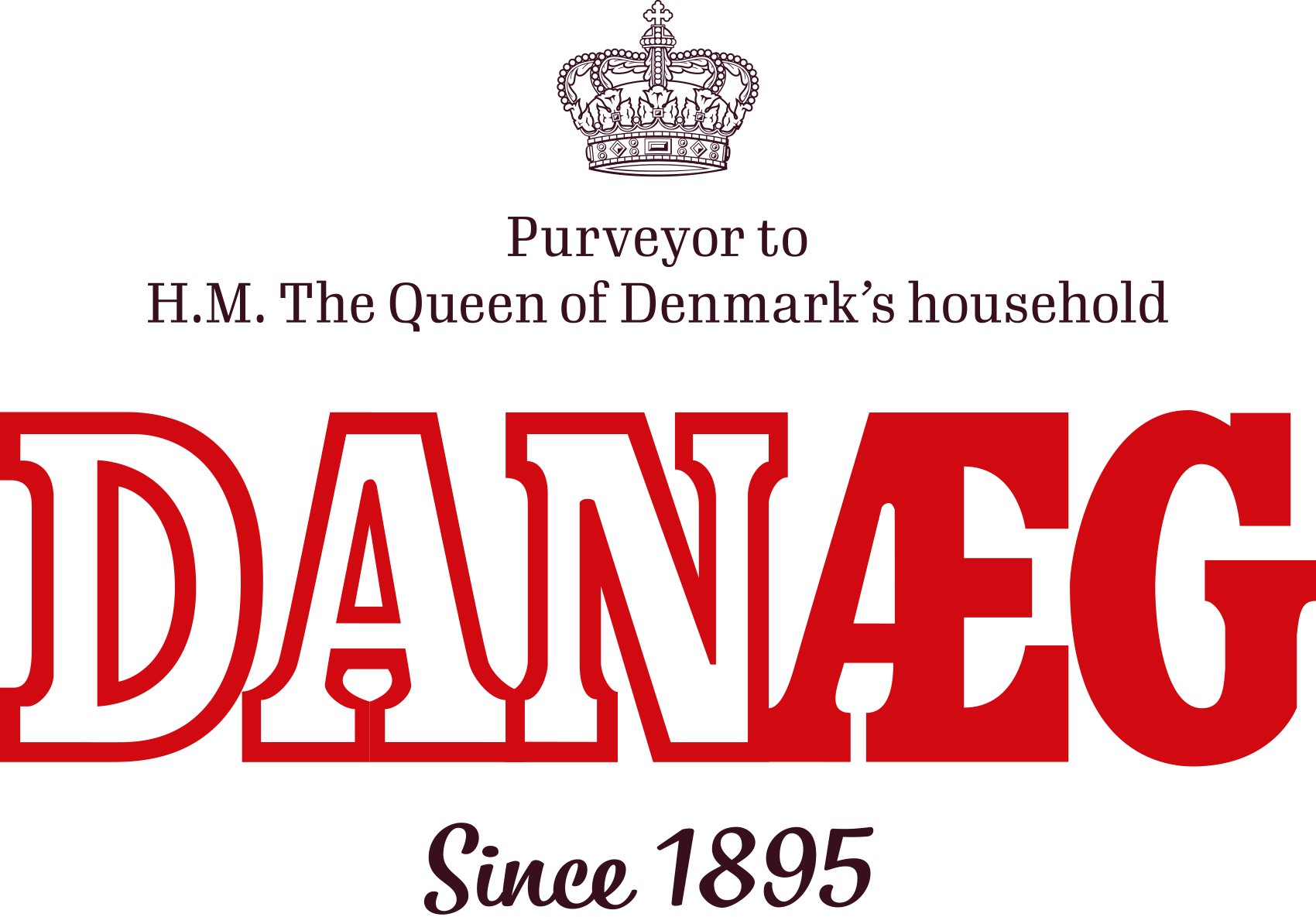Cooking with eggs
The art of boiling an egg
"Eggs - that's something we always have in the fridge". That's what most people will probably say. With eggs at hand, you can always conjure up something delicious. The egg may seem like the simplest thing in the world, but can still cause problems in the kitchen. Here you can learn why some eggs are so damn hard to shell and our tips on how to cook the perfect, soft-boiled egg.
It's the bladder's fault
Why does the shell crack when I boil eggs?
In an egg there is a small air bladder. If you take an egg directly from the refrigerator in a pot of boiling water, you run the risk of the egg breaking because the air in the air bladder expands.
You can avoid this in three ways: 1) Punch a small hole in the top and bottom of the egg with a sharp knife, or 2) take the eggs out of the fridge some time before you need to cook them. 3) Put the eggs in a bowl of lukewarm water before putting them in the pot with the boiling water.
5 minutes on the burner
How do I make the perfect, soft-boiled egg?
With a sharp knife, prick a small hole in the top and bottom of the eggs.
Take an empty and dry casserole and put the eggs in it. Fill the casserole with plenty of water so that the eggs are well covered. Place the casserole on the stove and turn up the heat completely. Now the eggs should boil for 5 minutes.
When the eggs are done, pour cold water into the casserole.
Get rid of the shell
Why are some eggs difficult to shell?
In some hard-boiled eggs, the shell slides off as easily as nothing, while other eggs are impossible to sheel.
According to the Danish Technological Institute, CO2 will eventually leak out of the egg. This causes the pH value in the egg to rise, and this process causes the shell membrane and thus the shell to release more easily. An egg that is a week old is therefore easier to peel than a completely freshly laid one of its kind.
